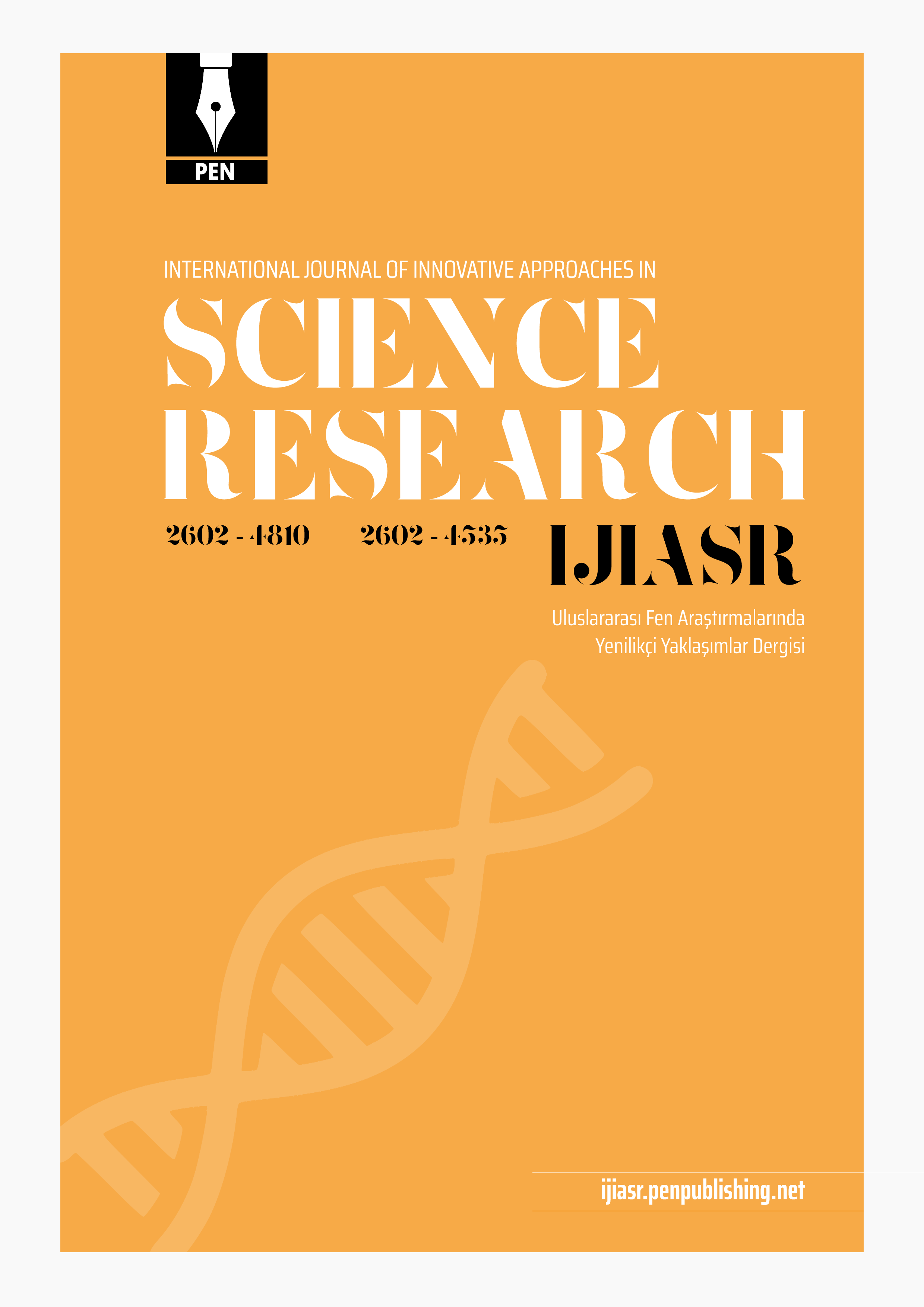
Uluslararası Fen Araştırmalarında Yenilikçi Yaklaşımlar Dergisi
Yazarlar: Niwagaba Silivano, Ibrahim Ntulume, Okweny David, Abubakar Sunusi Adam, Aziz Katabazi, Micheal Tirwomwe, Albert Nyanchoka Onchweri, Muhwezi Reagan, Yashim J. S. Blessing, Bwalhuma Abraham, Shabohurira Ambrose, Bwanika Richard , Adamu Almustapha Aliero
Konular:-
DOI:10.29329/ijiasr.2018.173.1
Anahtar Kelimeler:Antibacterial activity,Solanum nigrum ,Aqueous and ethanolic crude extracts,Enteric bacteria.
Özet: This research was aimed to determine the antibacterial activity of ethanolic and aqueous crude extracts of Solanum nigrum leaves against some selected enteric bacteria. Fresh leaves of S. nigrum were collected from different garden of Bushenyi district Western Uganda and shade dried. Extraction was done by using standard methods. Phytochemical analyses of both ethanolic and aqueous crude extracts were also done. Antibacterial activities of both aqueous and ethanolic crude extracts were determined against clinical isolates of Escherichia coli, Klebsiella sp, and Shigella sp and Salmonella typhimurium by using agar well diffusion method and compared to the standard antibiotics Ciprofloxacin (5µg/mL) and Cotrimoxazole (25µg/mL). The results of phytochemicals analyses from this study revealed the presence of tannins, alkaloids, and saponins, reducing sugars, terpenoids and steroids from the two extracts. The ethanolic extract was effective only against E. coli at concentrations of 1, 0.5 and 0.25g/mL with 20.33±0.33, 15.17±0.17 and 8.33±0.17 mm as mean ± SEM zones of inhibition respectively, while aqueous crude extract was effective against E. coli only at concentration of 1g/mL with 9.17±01.7 mm as the mean ± SEM zone of inhibition. The ethanolic crude extract had lower MIC and MBC values of 250 mg/mL and 500 mg/mL respectively compared to the aqueous crude extract with MIC and MBC values of 500 mg/mL and >1000 mg/mL respectively. The results of this study concluded that both ethanolic and aqueous crude extract of S. nigrum leaves had activity only against clinical E.coli. Ethanolic leaves crude extract of S. nigrum was more effective than the aqueous crude leaves extract. This may provide evidences for its usage as herbal remedy against enteric infections caused by E. coli.